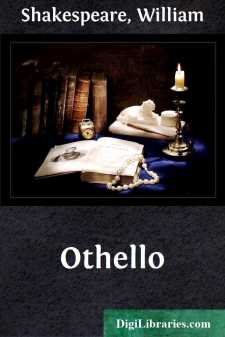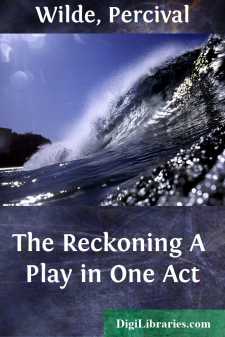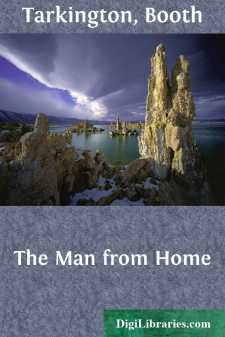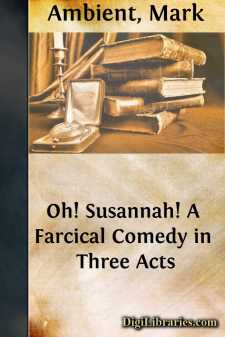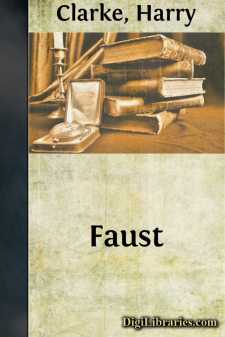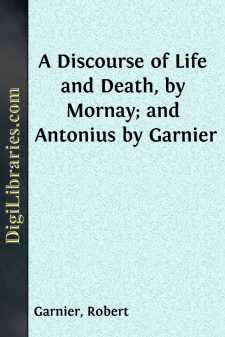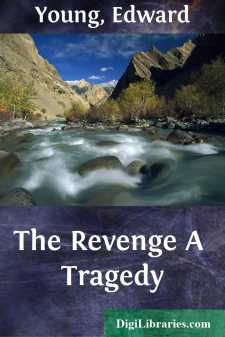Drama
General Books
Sort by:
ACT IV SCENE I. Cyprus. Before the Castle. [Enter Othello and Iago.]IAGOWill you think so? OTHELLO Think so, Iago? IAGO What,To kiss in private? OTHELLO An unauthoriz'd...
more...
PREFACE Believing plays to be solely for the stage, I have never before allowed any of mine to be printed until they had first faced from a stage the judgment of an audience, to see if they were entitled to be called plays at all. A successful production also has been sometimes a moral support to me when some critic has said, as for instance of "A Night at an Inn," that though it reads passably...
more...
by:
Percival Wilde
THE RECKONING The scene is a barber shop. At the center is the chair, facing a mirror and washstand at the right. The tiled walls are sprinkled with the usual advertisements. At the rear, a door leads up to the street by a flight of two or three steps. A dock on the left wall indicates three. At the rise of curtain, THE BARBER, a man of fifty, is discovered sharpening a razor, and whistling softly to...
more...
by:
Booth Tarkington
THE FIRST ACT SCENE: The terrace of the Hotel Regina Margherita, on the cliff at Sorrento, overlooking the Bay of Naples. There is a view of the bay and its semi-circular coast-line, dotted with villages; Vesuvius gray in the distance. Across the stage at the rear runs a marble balustrade about three feet high, guarding the edge of the cliff. Upon the left is seen part of one wing of the hotel,...
more...
by:
Mark Ambient
ACT I. Scene. The Doctor's consulting room. Ground floor, 13 Marmalade Street, Pimlico. (See Scene Plot.) (Aurora. the slavey, discovered laying out Doctor's letters lovingly on his writing table; she kisses each one as she lays it down—all are in blue envelopes.) Aurora. They're all for 'im—the dear doctor. Won't 'e be pleased when 'e comes back and finds all...
more...
by:
Harry Clarke
I Erhabener Geist, im Geisterreich verloren! Wo immer Deine lichte Wohnung sey,Zum höh'ren Schaffen bist Du neugeboren,Und singest dort die voll're Litanei.Von jenem Streben das Du auserkoren,Vom reinsten Aether, drin Du athmest frei,O neige Dich zu gnädigem ErwiedernDes letzten Wiederhalls von Deinen Liedern! II Den alten Musen die bestäubten KronenNahmst Du, zu neuem Glanz, mit kühner...
more...
SCENE I. MILLER—MRS. MILLER. MILLER (walking quickly up and down the room). Once for all! The affair is becoming serious. My daughter and the baron will soon be the town-talk—my house lose its character—the president will get wind of it, and—the short and long of the matter is, I'll show the younker the door. MRS MILLER. You did not entice him to your house—did not thrust your daughter...
more...
by:
Eugene O'Neill
SCENE I SCENE—The firemen's forecastle of a transatlantic liner an hour after sailing from New York for the voyage across. Tiers of narrow, steel bunks, three deep, on all sides. An entrance in rear. Benches on the floor before the bunks. The room is crowded with men, shouting, cursing, laughing, singing—a confused, inchoate uproar swelling into a sort of unity, a meaning—the bewildered,...
more...
by:
Robert Garnier
Sieur du Pleßis Marly. T seemes to mee strange, and a thing much to be marueiled, that the laborer to repose himselfe hasteneth as it were the course of the Sunne: that the Mariner rowes with all force to attayne the porte, and with a ioyfull crye salutes the descryed land: that the traueiler is neuer quiet nor content till he be at the ende of his voyage: and that wee in the meane while tied in this...
more...
by:
Edward Young
ACT THE FIRST. SCENE I.BATTLEMENTS, WITH A SEA PROSPECT. Enter Zanga. Zan.Whether first nature, or long want of peace,Has wrought my mind to this, I cannot tell;But horrors now are not displeasing to me:[thunder.I like this rocking of the battlements.Rage on, ye winds; burst, clouds; and, waters, roar!You bear a just resemblance of my fortune,And suit the gloomy habit of my soul.Enter...
more...


